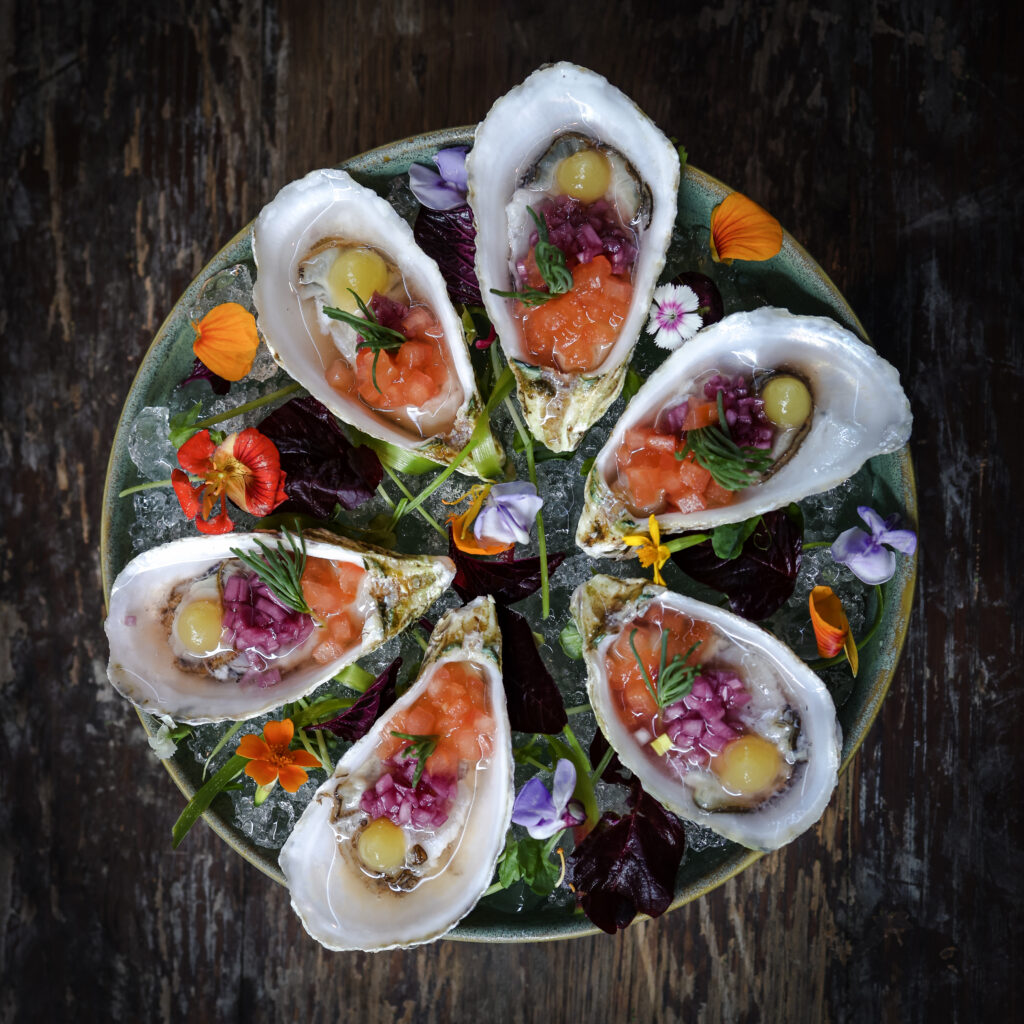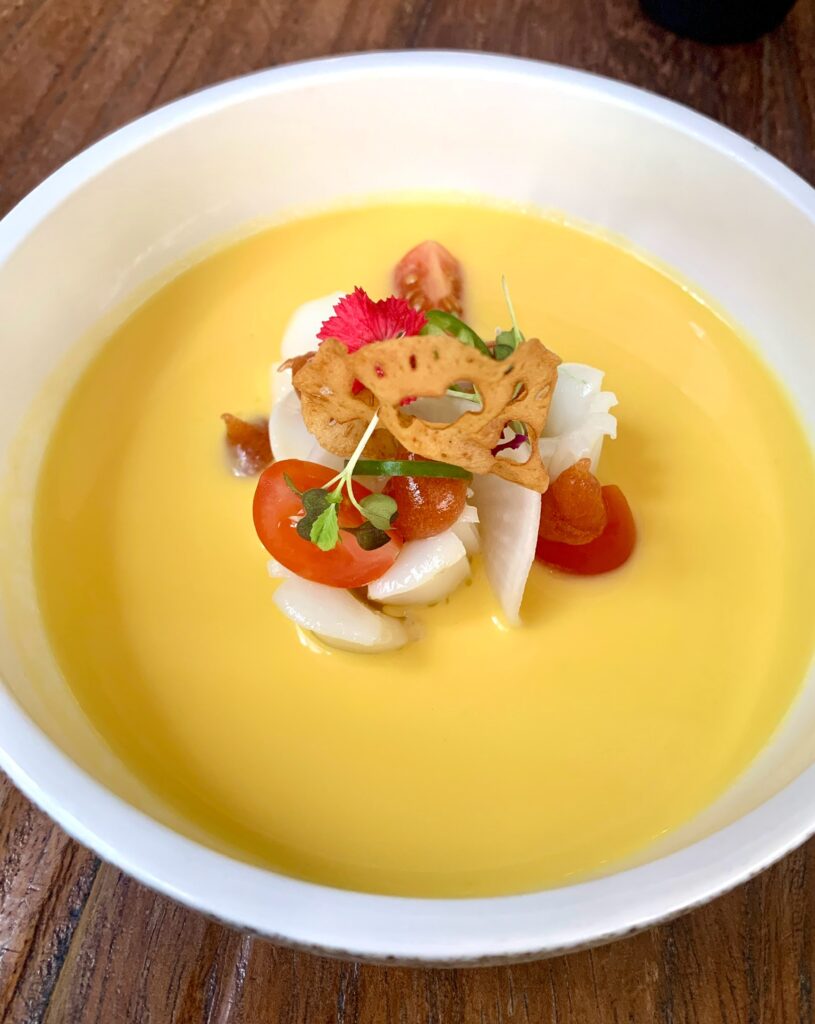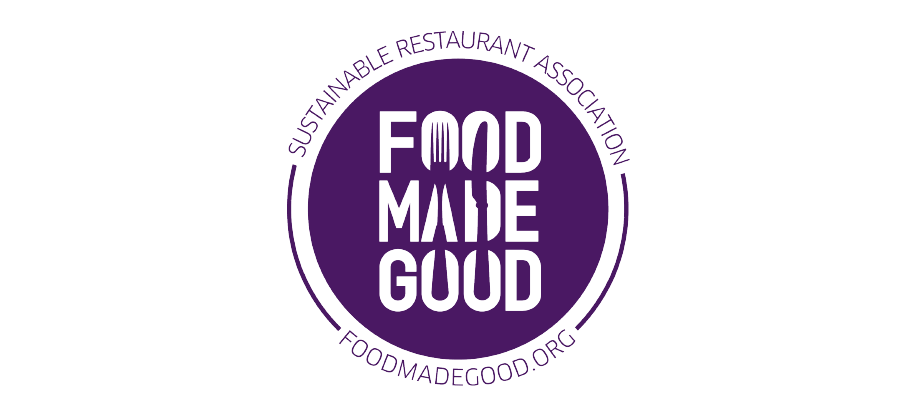How does your business go about Celebrating Provenance?
August 2024
Share this exclusive content from Saladplate

Photo Credit: BOCA
How does your business go about Celebrating Provenance? This is an aspect we look at through the Food Made Good Standard when evaluating how food businesses source ingredients. When looking through this lens, we examine various ways this can be done and what practical benefits can be achieved.
Celebrating provenance encompasses a variety of factors including creating stories behind menu ingredients, working closely with suppliers, producers and farmers, embracing native or heritage ingredients and supporting local industry and community. All of these options are available to us in the UAE and support a sustainable sourcing strategy.
Supporting Local Industry and Community
Choosing locally grown ingredients has become more popular recently as knowledge is shared and awareness around sustainability increases. In turn, this has helped attract investment into our agricultural industry and support for the objectives behind the UAE’s National Food Security Strategy. Whilst it is not reasonable to expect that we should be able to grow everything we need domestically (and nor should it be the goal), we can reduce a heavy dependence on food imports by exploring and supporting the local environmental and economic landscape.
We’ve seen a rising interest from chefs who are engaging with local producers supporting consistent supplies of local products they have fallen in love with – think mushrooms, oysters and edible flowers. This availability is driving an undercurrent of chefs who are successfully demonstrating that culinary ingenuity and sustainability can work synergistically. And yet there is more that food operators can do to energise this prosperous cycle starting with increased knowledge through direct conversations with producers and farmers, exploring further possibilities – think about camel milk and halophytes. As one prominent UAE producer says “We do not eat what farmers grow. Farmers grow what we eat.”
Looking around at what was locally available was the first step Boca embarked on when they were starting their sustainability journey almost ten years ago. Located in Dubai’s investment and financial centre, means you are surrounded by restaurants with high-end offerings such as white truffle, Beluga caviar and gold leaf. But these ingredients didn’t align with Boca’s values and nor were they looking to compete with these concepts. Instinctively, they started by asking themselves what was available on their doorstep? What under-appreciated but high value products were here in the UAE? Starting with the UAE coastline, a visit to local fish markets highlighted a viable alternative to the popular but over-fished Hamour. (It was important to also check ministerial information in order not to exasperate one problem in avoidance of another). And from there, their exploration continued to find and utilise local ingredients, elevating them into beautifully curated dishes that could legitimately stand up to high expectations. For those that are interested they share information on these lesser-known products with diners through an illustrated guide detailing each ingredient and its producer.
Ingredient diversification can produce cost benefits when supply chains break down or import costs unexpectedly rise and perhaps most important, offer positive benefits for the environment by helping to relieve pressures caused by challenges such as over-fishing and mono-crop production. Again, whilst everything we need cannot come from our local seas or land, utilising these valuable products helps build a culinary destination with greater depth and connection to place.

Telling the Stories Behind the Ingredients
In marketing, we talk about ‘storytelling’ as a powerful method of engagement. Studies indicate that there are diners keenly interested in the where, how and who of what’s on the menu. Having that strong traceability factor also offers the opportunity to strengthen an emotional connection to food – something we have perhaps lost sight of in our fast-paced lives – and create a memorable dining experience.
That’s the approach Ben Milne knows a bit about. Ben is the relatively new Commercial Director at Chef Middle East, one of the most established suppliers in the UAE. Although Ben spent most of an entrepreneurial career based out of the UK, he’s well-travelled and has a close affinity with the Middle East, having grown up in Saudi Arabia. Football alliances aside, his palate stretches from the humble pie to artisanal cheese. Ben touts genuine storytelling as key to a product presentation and he’s made it his business to sometimes go to “the-middle of nowhere Sicily” to understand firsthand everything that went into making the product. The point is, no amount of reading will replicate personal experience or relationships. Listening to him talk about his sourcing and restaurant days, it’s clear why he is leading growth for Chef Middle East in the region.
Learning about farming and production practices not only offers storytelling opportunities but also serves as a strong brand differentiator. Creating more awareness around how food gets onto the plate, is a great reminder about all the resources that go into the process – not the least of which are the blood, sweat and tears of the grower or producer.
There are so many more ways to explore celebrating provenance and recognising the role it plays in transforming a more sustainable food system. Every food service operator can approach it slightly differently because there is no blueprint for a sustainable restaurant, nor a one-size fits all. What’s important is to actively participate and utilise the levers available that deliver more social value with the lightest environmental impact.

Source: Food Made Good Standard
The Food Made Good Standard is the world’s largest sustainability certification tailored for the sector. With a holistic approach that includes every aspect of what sustainability means in today’s environment, the Standard is rooted in practical actions that foodservice businesses can take, providing clear direction, support and – ultimately – a respected, recognised third party certification that customers and stakeholders can trust.



